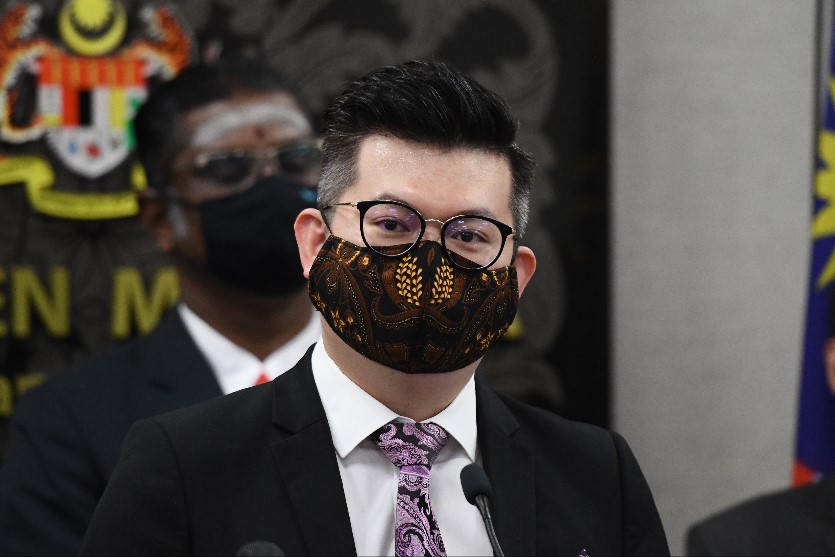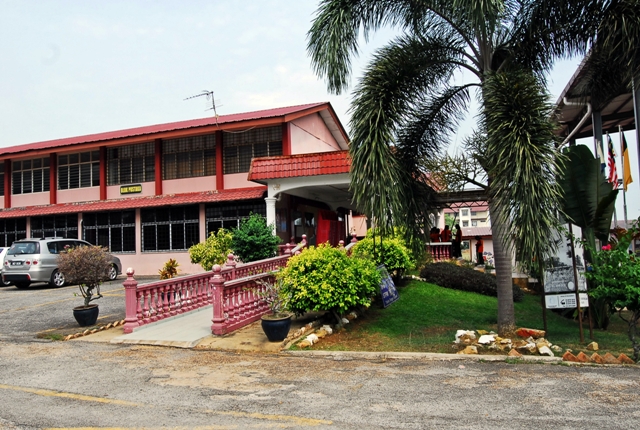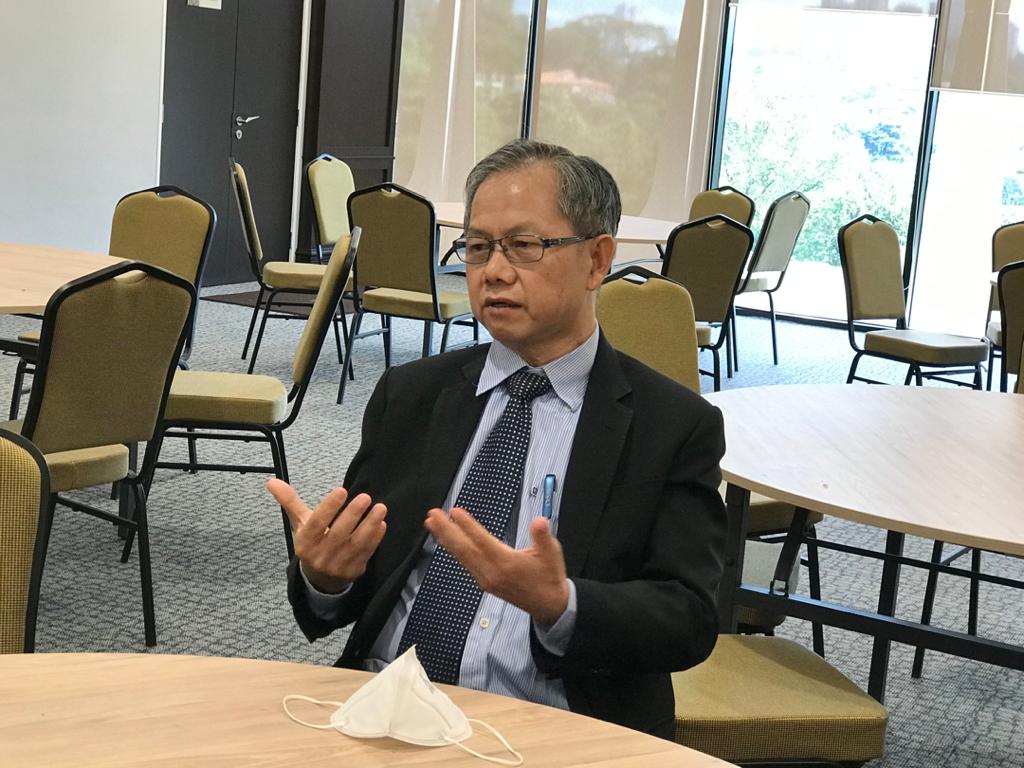KUALA LUMPUR, Feb 1 — Malaysia’s Covid-19 vaccination programme — the most complex inoculation campaign in history, like in other countries — faces significant challenges beyond supply, say Pakatan Harapan (PH) Immunisation Task Force members.
Dr Lee Boon Chye, former Deputy Health Minister under the PH administration, noted that the national coronavirus inoculation campaign involves all residents in Malaysia above the age of 18. The government has secured vaccines from six suppliers to cover 31.6 million people, about 99 per cent of the 32-million population.
“Organising the logistics of distributing the vaccine to match the demand, getting the personnel to handle the vaccination stations and above all, getting people out for vaccination are more challenging tasks,” Dr Lee told CodeBlue.
Dr Lee asked if the government has a policy on “jumping queue” for people in positions of power to get vaccinated first.
“Can rich businessmen cut the queue by paying in order to be vaccinated first even though they don’t belong to the first phase priority? If this is allowed, will this deprive the poor from vaccination if there are insufficient vaccines?” questioned the Gopeng MP.
“Doctors or nurses will be vaccinated first as frontline in (the) first phase of vaccination. How about their spouses? Well, you may already have the answer. i.e, spouse not included! Same question can also be asked about ministers and politicians (who are prioritised in the first phase) and how about their spouses?”
The PKR lawmaker questioned how staff at vaccination sites can handle, for example, elderly people with comorbidities like obesity and diabetes demanding for their shots during the first inoculation phase for medical and non-medical frontliners. Senior citizens and people with underlying conditions are targeted for vaccination in the second phase after frontliners.
“I believe the vaccination programme includes foreign workers. Do we vaccinate them early or later? There are so many scenarios which may arouse public debate and should be discussed and communicated early. These issues must not wait until the vaccination programme starts.”
Science, Technology, and Innovation Minister Khairy Jamaluddin previously said that the first one million doses of the Pfizer-BioNTech vaccine, a two-dose regimen, will be prioritised for frontliners and whether or not a politician will be prioritised will depend on certain risk assessments.
Dr Lee also said that the planned recruitment of 10,000 staff for the mass Covid-19 immunisation campaign should have been done nine months ago to help with the contact tracing and control of the epidemic.
“It will be a misappropriation of human resources if these additional 10,000 staff are solely for vaccination. They should be integrated into the whole Covid-19 pandemic control team led by the Ministry of Health’s (MOH) public health team,” the Gopeng MP said.
“By the way, on top of this 10,000, there is a need to mobilise other government agencies or ministries, non-governmental organisations (NGOs), and community leaders including police, Royal Malaysian Police (PDRM), pegawai penerangan, rukun tetangga, Ketua Kampungs, etc.”
Training And Preparation For Vaccine Rollout Must Start Now: Kelvin Yii

Dr Kelvin Yii, chairman of the Parliamentary Select Committee (PSC) On Health, Science, and Innovation, emphasised that preparation for the coronavirus vaccine rollout should start now, including awareness, training, mobilisation, and strategy on vaccinating frontliners etc.
“How much extra will MOH be spending to mobilise the targeted 7,000 vaccination staff without taking away those that are already busy handling Covid-19 control and also non-Covid-19 patients?
“While we need all the help we can get, we cannot compromise the quality of care and overstretch current health care workers who are already overburdened in the existing hospitals as we roll out this vaccine,” Dr Yii said.
Khairy, in an exclusive interview with CodeBlue, said that the government will mobilise maybe up to 10,000 staff, such as private general practitioners (GPs), community pharmacists, medical assistants, nurses, nurse supervisors, medical students, volunteers from the Malaysian Red Crescent and St John Ambulance, and community volunteers as staff at vaccination sites, including immunisers.
The minister also said the national Covid-19 vaccination programme will start this month, when the first 144,000 doses from Pfizer arrive in Malaysia. However, Pfizer’s shipments may be delayed as the European Union (EU) has enforced export controls until March 31 on coronavirus vaccines produced in the bloc, with Malaysia left off the EU’s exemption list.
Dr Yii said that training and mobilisation of the vaccination team should start now. As for vaccinating health care workers, Dr Yii said that MOH and the Ministry of Science, Technology and Innovation (MOSTI) should work out a proper strategy on pulling them out from duty to be vaccinated. Anonymous government health care workers have complained of overwork and understaffing amid Malaysia’s worsening Covid-19 epidemic.
“In the event there are side effects, they will also require some down time. All these factors have to be taken (into) account.
“So, I believe each head of department should be consulted and proper arrangements on how each staff can be vaccinated in batches and certain rotation systems in place to make sure there is enough to cover,” the DAP lawmaker said.
It was previously reported that health care workers in the US who are at higher exposure of contracting the coronavirus were not always the first ones to be vaccinated. Staff from the radiology department, as well as staff who either work remotely or in fields who do not directly deal with Covid-19 patients got the vaccine first before those who worked directly with Covid-19 patients because of scheduling and technical issues.
Dr Yii also said that education to reduce vaccine hesitancy should be intensified to gain better acceptance among the public on the Covid-19 vaccine.
“Videos and interactive materials in all languages must be produced to make sure every target group is informed on the vaccination programme.”
While saying that the direction of the vaccination programme is good, which is immunising 75,000 people a day across 600 vaccination sites, Dr Yii pointed out that there should be a monitoring mechanism to ensure the target is achieved.
“This is why I proposed that even the Opposition members are allowed to sit in the Covid-19 Vaccine Supply Access Guarantee Committee (JKJAV) to have bipartisan oversight to make sure it achieves its intended target,” the Bandar Kuching MP said.
Teachers Should Be In Priority Group: Ong Kian Ming

Bangi MP Ong Kian Ming asked if the government would consider expanding the first phase of immunisation to school teachers.
“Priority should be given to teachers because this is the only way that parents can be assured, that teachers can be assured, that school reopening can be relatively safe,” the DAP lawmaker said.
“For the other industry, it’s not as crucial as school opening, so I would recommend for priority to be given to teachers to be vaccinated at the first round.”
Ohio school employees are now eligible to get their Covid-19 vaccine shots from today onwards, while teachers in the state of California may be getting their Covid-19 vaccine from this month onwards.
Ong also asked the government on their plans to minimise wastage, based on the experience of other countries like in Washington in the US, where a health facility allegedly threw away some Covid-19 vaccine doses at the end of workers’ shifts because staff believed that guidelines blocked them from giving unused shots to people. In Germany, some vaccine vials that were not constantly chilled have reportedly been thrown away.
“What is the government’s plan to minimise this wastage based on the experience of other countries? Will there be an allowance made to vaccinate non-priority groups in Phase One or Two if there are vaccines which may go to waste if they are not used?” Ong said.








